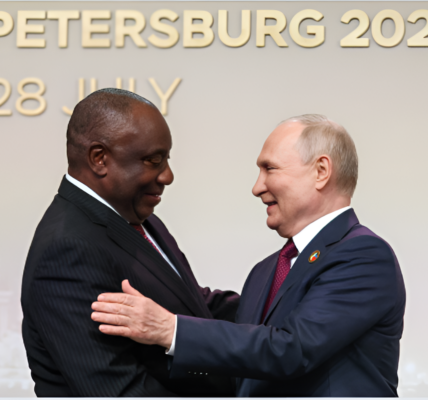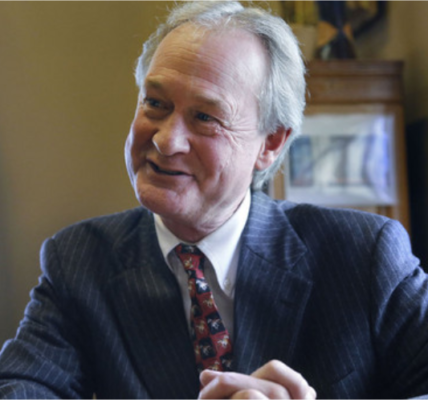
Crown Prince Mohammed bin Salman (MBS) of Saudi Arabia is no stranger to danger. Known for his strong-armed leadership, MBS is now reportedly concerned about his life. As he pushes for a historic peace deal involving Israel, the U.S., and Saudi Arabia, he has confided in U.S. lawmakers about the assassination threats he faces for pursuing this ambitious agreement. In conversations with members of Congress, MBS has invoked the assassination of Egyptian President Anwar Sadat, who was murdered after signing a peace deal with Israel, to emphasize the gravity of the risks he is taking.
The crown prince, often referred to as MBS, has shown a deep commitment to normalizing relations between Saudi Arabia and Israel, a move that would shift the balance of power in the Middle East. Central to this pact would be U.S. security guarantees, economic investments, and Saudi commitments, including limiting relations with China. However, MBS insists that for the deal to succeed, a clear and irreversible path to a Palestinian state must be part of the agreement—a position that highlights the deep political complexities at play, particularly given the growing hostility in the region following the Gaza conflict.
While MBS’ past actions, particularly his hardline approach toward Saudi dissidents and his role in the death of journalist Jamal Khashoggi, have drawn international scrutiny, his current stance is about more than just personal survival. His position is rooted in the broader strategic vision he holds for Saudi Arabia’s future and his desire to secure long-term stability for the kingdom. In conversations with key U.S. and regional officials, MBS has argued that without addressing the Palestinian issue, Saudi Arabia cannot achieve the peace and security it seeks. The crown prince has become increasingly focused on how to navigate this challenge, while balancing both international and domestic pressure.
Critically, MBS’s demand for a resolution to the Palestinian issue is not purely ideological; it is politically motivated by Saudi nationalism and his need to maintain legitimacy at home. With Saudi Arabia’s young population watching closely, and many of them passionate about the Palestinian cause, MBS must strike a delicate balance between his diplomatic ambitions and the sensitivities of his citizens. His leadership is under pressure, as the region continues to grapple with the long-standing Israeli-Palestinian conflict, and his ability to manage these tensions could define his legacy.
However, Israel’s Prime Minister Benjamin Netanyahu and his far-right coalition members remain staunchly opposed to any plan that would create a Palestinian state, making the road to peace even more fraught. The Biden administration and MBS’s own government see the deal as vital for regional stability, but Netanyahu’s resistance to a two-state solution poses a formidable obstacle. This, despite the mounting urgency from MBS to pursue peace, presents a dilemma for Israel.
MBS’s strategy of highlighting the danger to his life serves as a powerful bargaining tool—framing his pursuit of peace as a momentous decision that could reshape the Middle East. It’s a risky strategy, one that echoes the fate of leaders like Anwar Sadat and Israeli Prime Minister Yitzhak Rabin, both of whom were assassinated after attempting to make peace.
Despite the current volatility, MBS remains committed to this course, and while the U.S. and Saudi Arabia continue to push for this deal, the question remains: Will Israel, under Netanyahu’s leadership, be willing to take the same risks for a broader, lasting peace in the region? The answer is far from certain, but the stakes for MBS—and the entire Middle East—could not be higher.





